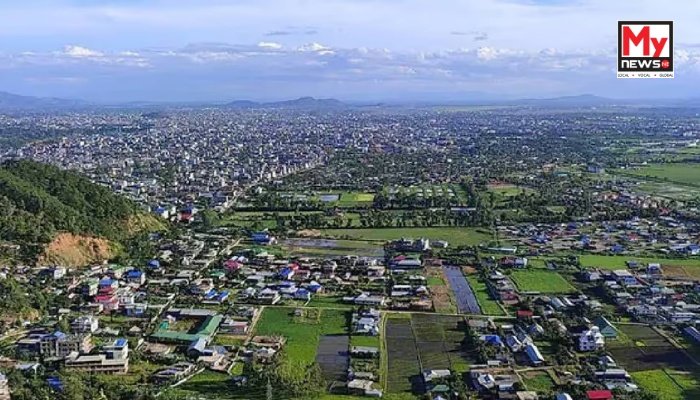Manipur Enforces Place Names Act to Protect Ancestral Identity Amid Ongoing Renaming Controversy
Imphal: The Manipur government, currently operating under Presidential Rule, has reaffirmed its commitment to curbing the illegal renaming of places through the continued enforcement of “The Manipur Names of Places Act, 2024.”
Originally initiated under the former N Biren Singh administration, the crackdown gained momentum following reports of attempts to alter or erase the ancestral names of Meitei villages in the border town of Moreh, triggering widespread concern among communities.
The Act, published in the Extraordinary Gazette on March 15, 2024, mandates that any naming or renaming of geographical locations within the state must receive prior clearance from the Land Resources Department. It came into effect immediately upon its notification in the Official Gazette, serving as a legislative tool to safeguard the cultural and historical identity of indigenous communities.
To monitor and implement the provisions of the Act, the state constituted a dedicated Place Names Committee on December 19, 2024. This body has been entrusted with the responsibility of periodically reporting to the government and providing expert recommendations on naming disputes and proposals for name changes.
The legislation prescribes strict penalties for violations. Under Section 13 of the Act, individuals found guilty of unauthorized renaming face imprisonment from one to three years and fines ranging between ₹50,000 and ₹2 lakh. This robust penal framework underscores the seriousness with which the government views such acts.
In a directive issued by Secretary (Land Resources) Namoijam Kheda Varta Singh, all administrative departments and Deputy Commissioners have been instructed to ensure meticulous compliance with the Act. The order emphasizes the administration’s resolve to preserve the historical roots of Manipur’s diverse communities, particularly in areas vulnerable to demographic and political pressures.
The enforcement of the law is seen not only as a legal measure but also as a cultural imperative to protect the identity of indigenous villages and prevent potential ethnic discord.

